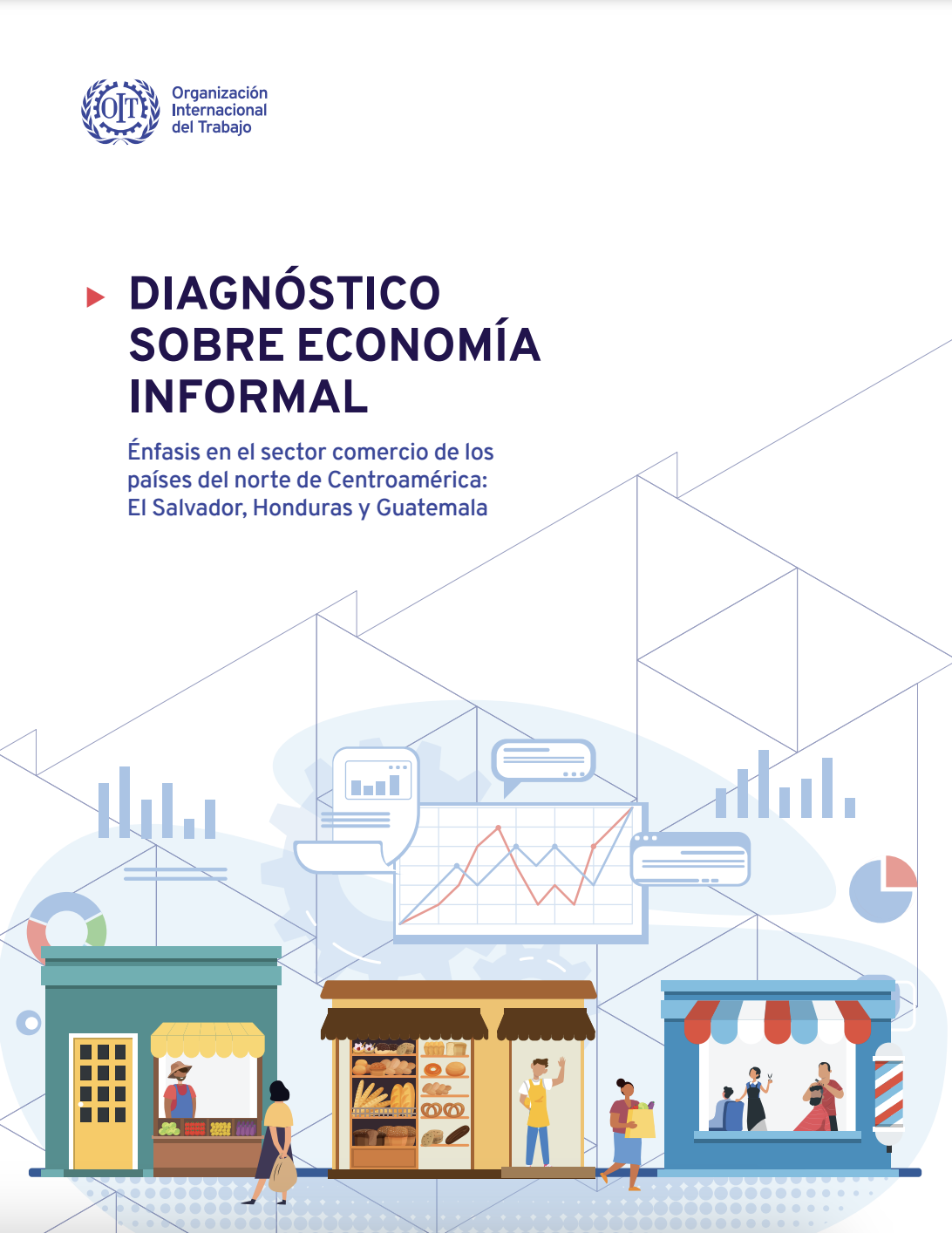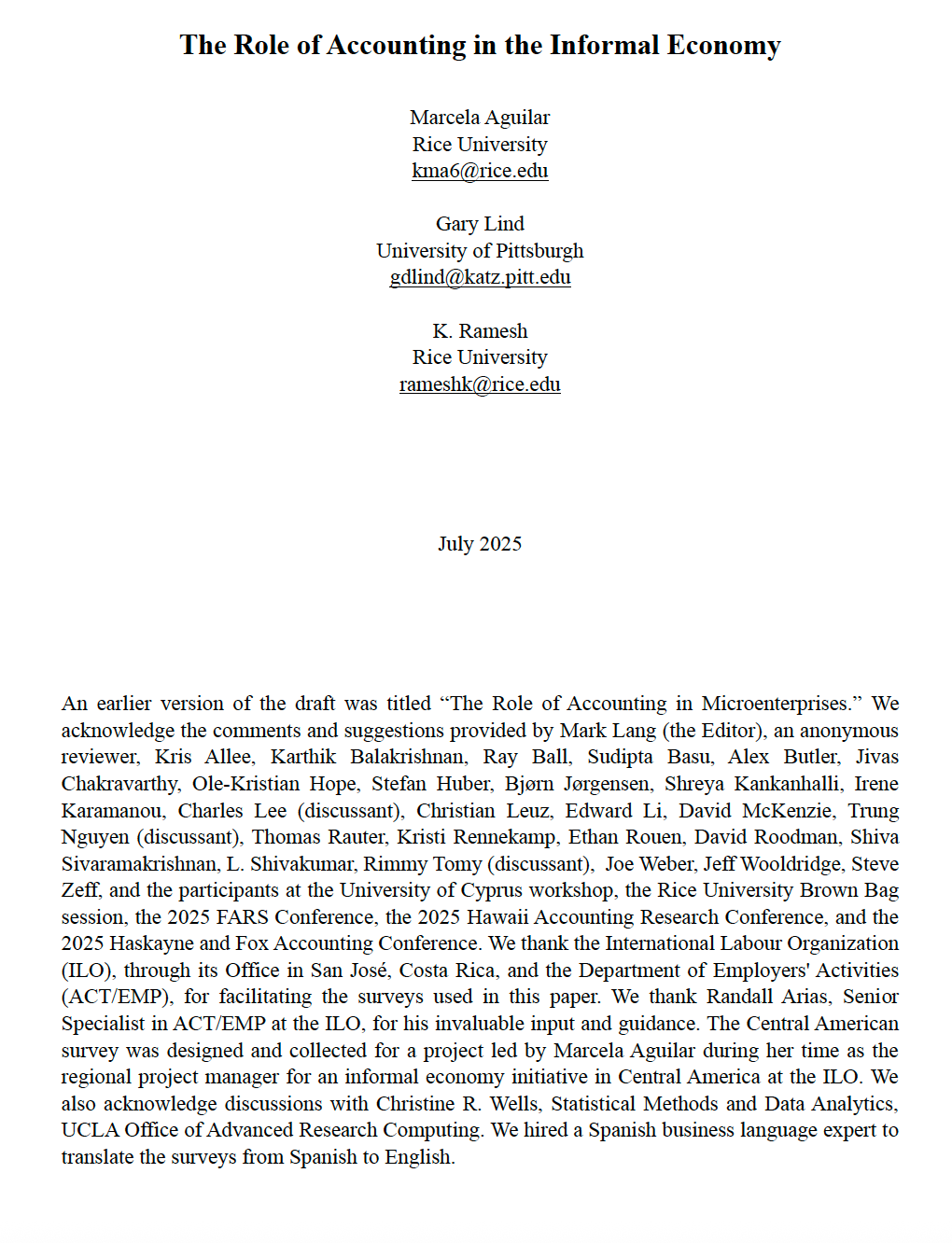Marcela Aguilar; Gary Lind, and K. Ramesh
Using novel survey data from 1,400 firms in Guatemala, Honduras, and El Salvador, we examine the voluntary adoption of accounting systems by microenterprises operating in the informal economy and its implications for access to credit. Despite the absence of regulatory mandates, 44% of informal microbusinesses voluntarily maintain systematic financial records, with about three-quarters using notebooks and one-quarter digital records. Accounting quality is closely linked to the owner’s startup motivation, financial investment, and management capabilities. Informal firms that offer customer credit or engage in marketing are also more likely to adopt structured recordkeeping systems, highlighting accounting’s role as a managerial tool rather than as a compliance function or as a precursor to entering the formal economy. Beyond the demands of formalization, even formal microenterprises place added value on higher-quality accounting systems when owners’ personal wealth is at stake. Informal firms using notebooks that clearly separate business and personal accounts are significantly more likely to apply for and obtain bank loans. Our inferences for access to credit also extend to microenterprises in the Dominican Republic. In addition, accounting quality appears to support lender due diligence even among informal firms, particularly when lenders are more sophisticated. Finally, we construct a measure of credit market status that extends beyond access to bank loans and find that accounting quality monotonically increases across credit tiers for informal firms. By illuminating the motivations behind accounting choices in low-enforcement settings, this study deepens our understanding of the foundational role accounting plays in early-stage business development in emerging markets.
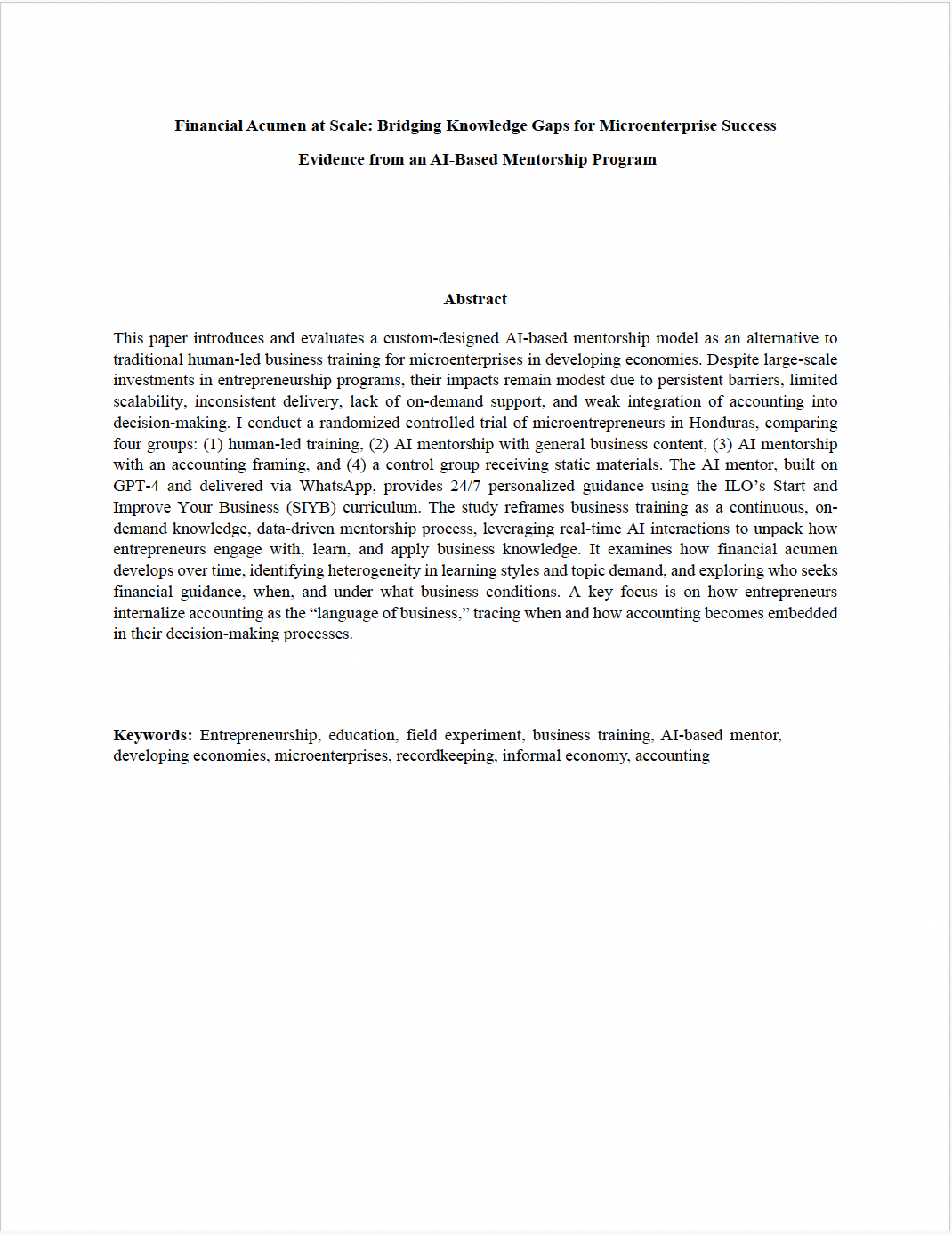 Financial Acumen at Scale: Bridging Knowledge Gaps for Microenterprise Success. Evidence from an AI-Based Mentorship Program [Job-Market Paper]2025
Financial Acumen at Scale: Bridging Knowledge Gaps for Microenterprise Success. Evidence from an AI-Based Mentorship Program [Job-Market Paper]2025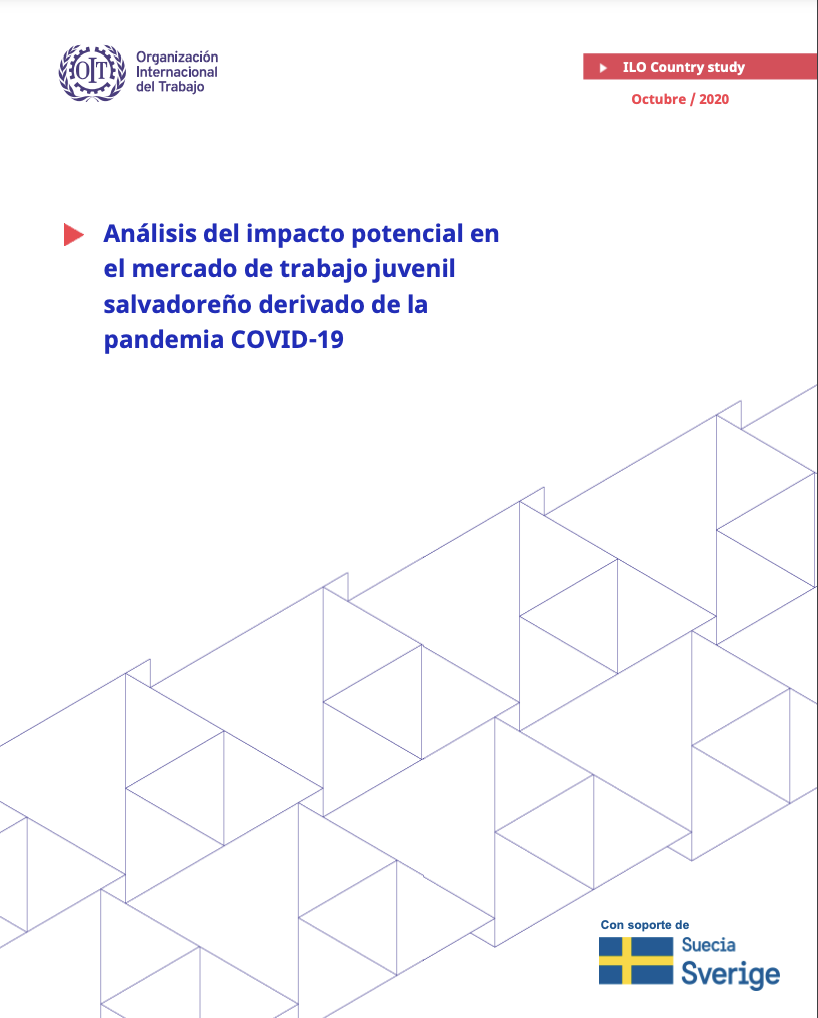 Analysis of the Potential Impact on the Salvadoran Youth Labor Market Resulting from the COVID-19 Pandemic2020
Analysis of the Potential Impact on the Salvadoran Youth Labor Market Resulting from the COVID-19 Pandemic2020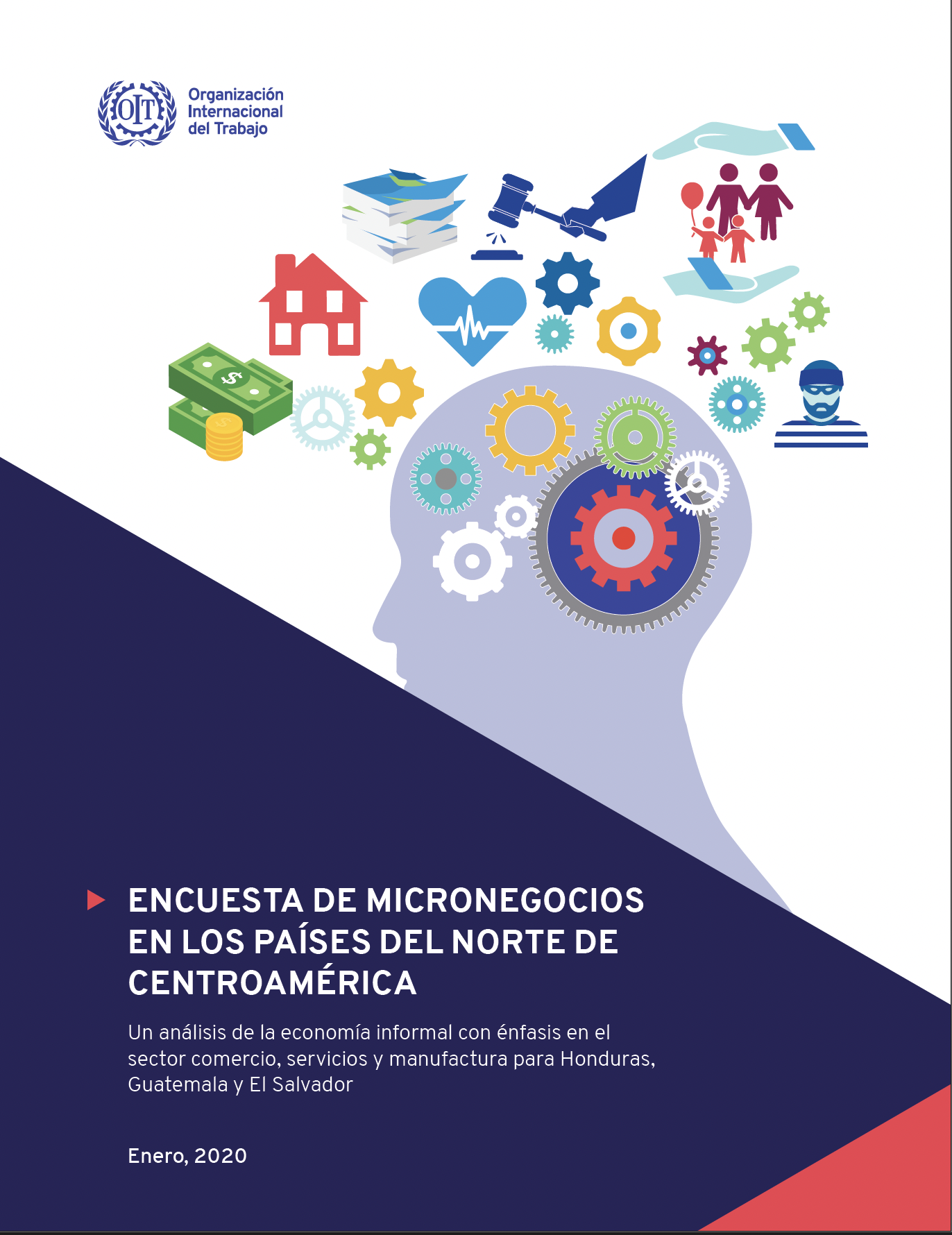 Survey of Micro-Businesses in the Informal Economy in the Northern Countries of Central America2020
Survey of Micro-Businesses in the Informal Economy in the Northern Countries of Central America2020